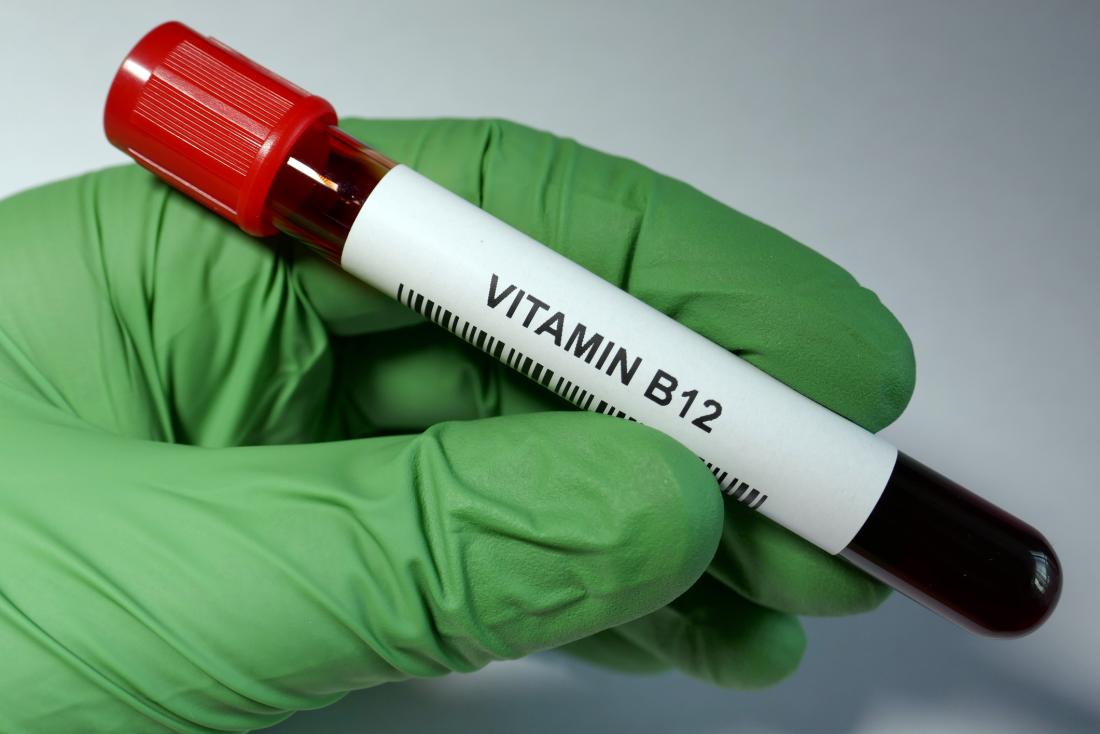Vitamin ( Cobalamin) B12, Serum
Vitamin B12 is an essential vitamin that aids in the formation of red blood cells, nerve health, and DNA production. It is found in animal products, and its deficiency can lead to anemia and neurological problems. Read More
KD 15.00


